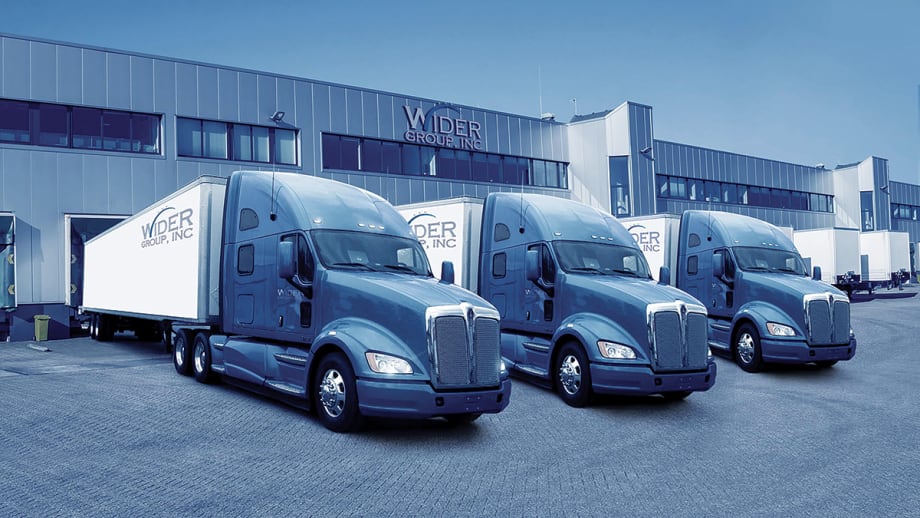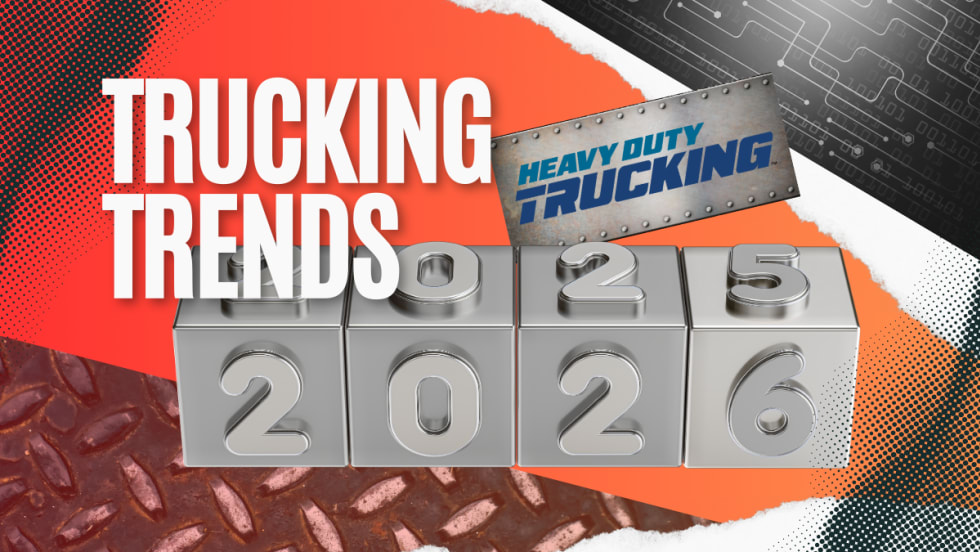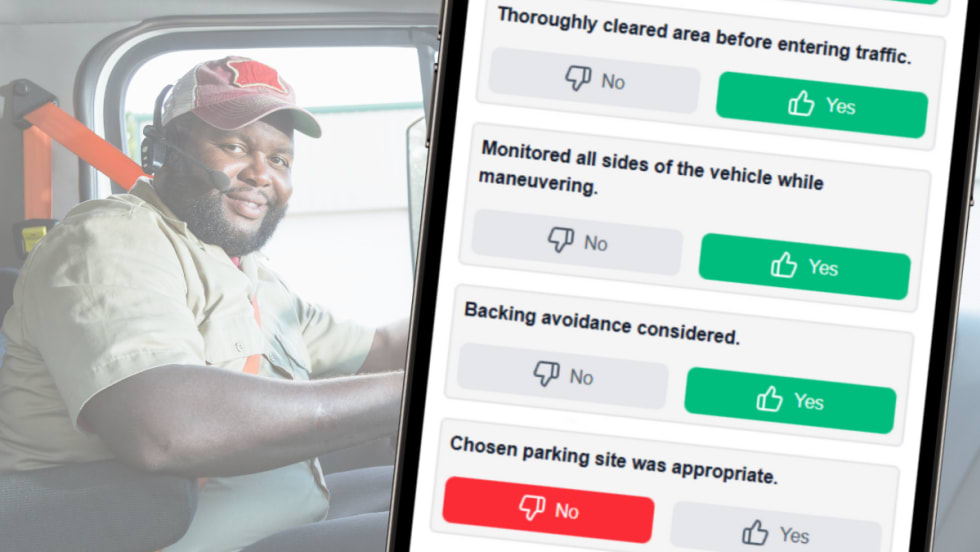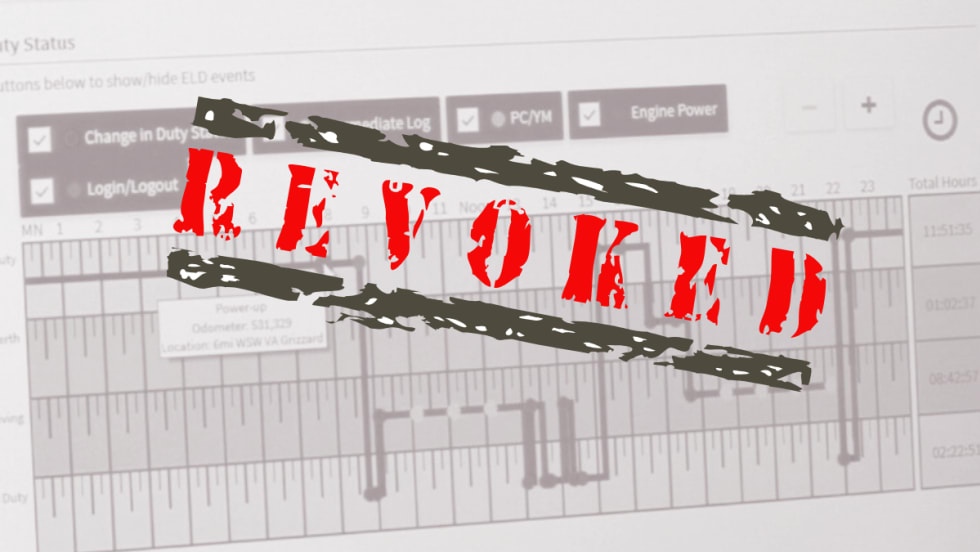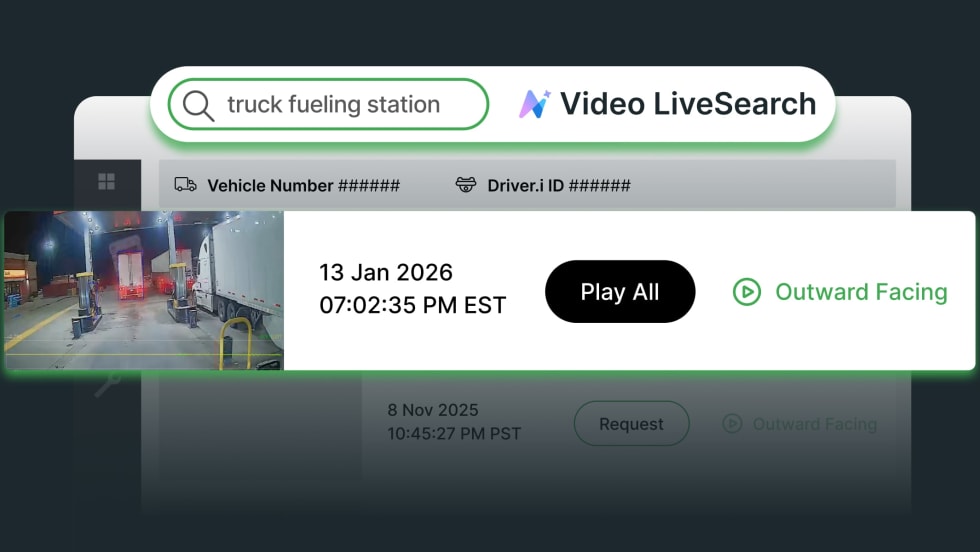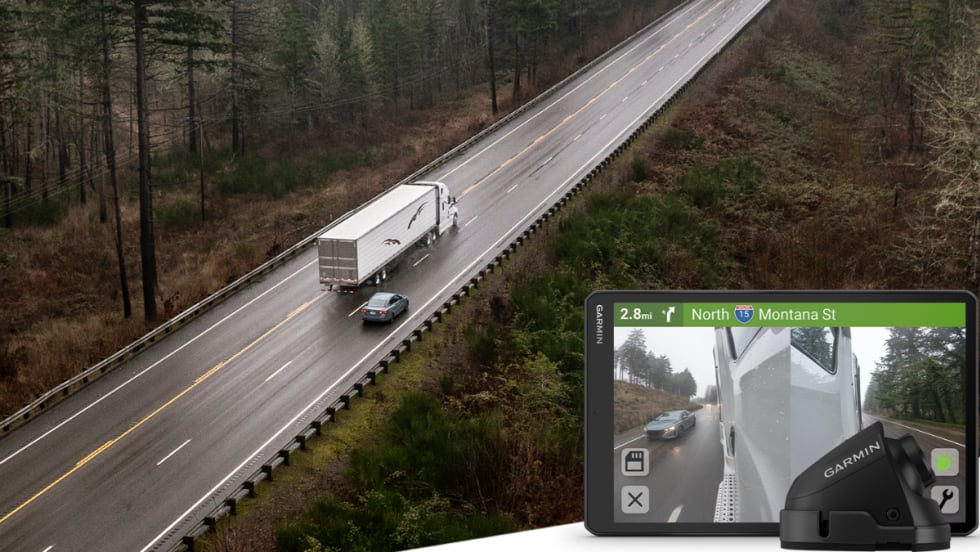In 2010, Kody Wantland answered an ad for a “safety specialist” for a local trucking company after returning to the U.S. after a deployment overseas. Less than a decade later, he won HDT's Safety and Compliance Award.
Every year we honor one fleet safety professional with the HDT Safety and Compliance award, presented at the annual Fleet Safety Conference with sponsor Omnitracs. Kody Wantland, vice president of Wider Logistics, found out he was the winner while he was stuck waiting for his plane to take him to the event.
“This recognition is validation of our program that we have within our company; this has made all the long days and sometimes longer nights all worth it,” says Wantland, whose flight delays led him to miss his chance to accept the award at the event in Henderson, Nevada.
In 2010, Wantland answered an ad for a “safety specialist” for a local trucking company after returning to the U.S. after a deployment overseas. After the interview, he wasn’t fully convinced that the job was a fit for him. His interviewer explained safety is something that you have to have a passion to do, and if he was just chasing a payday, he should try Subway.
“He told me it was challenging, and some days tougher than others, but the rewards were enormous and that his programs were constantly in the upper echelons of the industry standards,” Wantland recalls, adding that after working with the fleet for a few years, he started with Wider in 2017.
Wider Logistics, a New York-based global asset- and non-asset-based logistics provider, is driven by one basic goal: to deliver the best services possible to all of its clients. Part of reaching that goal is ensuring that the entire staff understands the importance of safety, from the beginning to the end of each job. In both 2017 and 2018, Wantland’s team ended each year with a zero-accident rate.
Wantland explains that Wider’s dynamic structure is different from other entities in the trucking industry. There is a single safety-risk team that collectively oversees three different trucking company fleets operating under the same umbrella holding company. Each supervisor oversees a team.
“We each develop two safety initiatives that we share as a group and then implement into all companies as a whole,” he says. “One of my first initiatives was ‘Ice and Snow, Take it Slow.’ When this first rolled out, drivers were a bit apprehensive, and when it began to gain support and steam, it took off like a wildfire.”
In this initiative, the team continually monitors National Weather Service and Federal Highway Administration road and weather conditions to relay to the fleet. The program has empowered drivers with the ability to stop and park in unsafe conditions without being told to do so. In its first year, it reduced the frequency of accidents by 100%, going from 11 events to zero. Since it was implemented three years ago, the fleets have only had two occurrences.
Moving Ahead with ELDs
After implementing e-logs in 2016, Wider upgraded to electronic logging devices in 2017, a move that expanded its data collection/analysis abilities to levels the company never realized were possible. In 2018, when many companies were buying trucks, Wider put its focus into upgrading its ELD platform, adding in-cab cameras, and increasing driver pay.
“[Mandatory] ELDs were coming, and from a business aspect, it was either implement ELDs early or wait and incur additional costs, so ELDs were implemented sooner rather than waiting,” Wantland explains. “We also realized that we had to learn how to function in an ELD environment, and we wanted as much lime to ‘perfect’ our base operations to be able to thrive in an ELD world [while] meeting our customer’s demands.”
ELDs have given Wider a tremendous amount of new raw data that the company goes through to look at the fleet in a whole new way.
“Our ELD data has allowed us to collaborate with our sales team to find new revenue streams and work with our customers to create ‘efficiency points’ within our supply chain to keep our drivers loaded and rolling,” Wantland says. “We also have identified customers who take an extraordinarily long time to load or unload, and we have worked with them to shorten this time up. If they are unwilling to change their ways, we have used the data to drop them and stop providing service to them.”
In addition to cutting costs, ELD implementation has increased driver satisfaction. The result: Wider’s driver retention rates have increased nearly 28%.
“We, finally, now control the driver market within our company — now the dog wags the tail, not the tail wagging the dog,” Wantland says.
Holding Awareness Briefings
To further Wider’s safety agenda, the fleet holds safety awareness briefings that consist of current events or industry news that the safety team thinks drivers should be aware of. It may be a safety-focused item like construction zones and vacationers travelling during the summer, or school bus safety when schools start back up.
“We will also issue an advisory when there is a rule change like the drug and alcohol clearinghouse or hours of service,” Wantland says. “Our briefings are designed to provide the facts and give our drivers the most current information available so they are not dependent on the ‘squelch monkeys’ in the truck stops for the information — or misinformation. Our stance is that an educated and informed driver is a safer driver.”
Support from the Top Down
For Wantland, working directly with company executives helps make this one of the most rewarding jobs anyone can have. Many on the team provide a wealth of knowledge born out of decades of experience in the industry, and they truly value input from everyone when building the safety program, he explains.
“They are very supportive of our initiatives and push us to get the most return on investment for each initiative we undertake,” Wantland says. “We have to be able to fully vet and explain why we want to do something before we do it. This is really good, because it forces us to fully think through our initiatives and process changes we are wanting to implement and understand the full ramifications of our decisions, before we implement them.”




